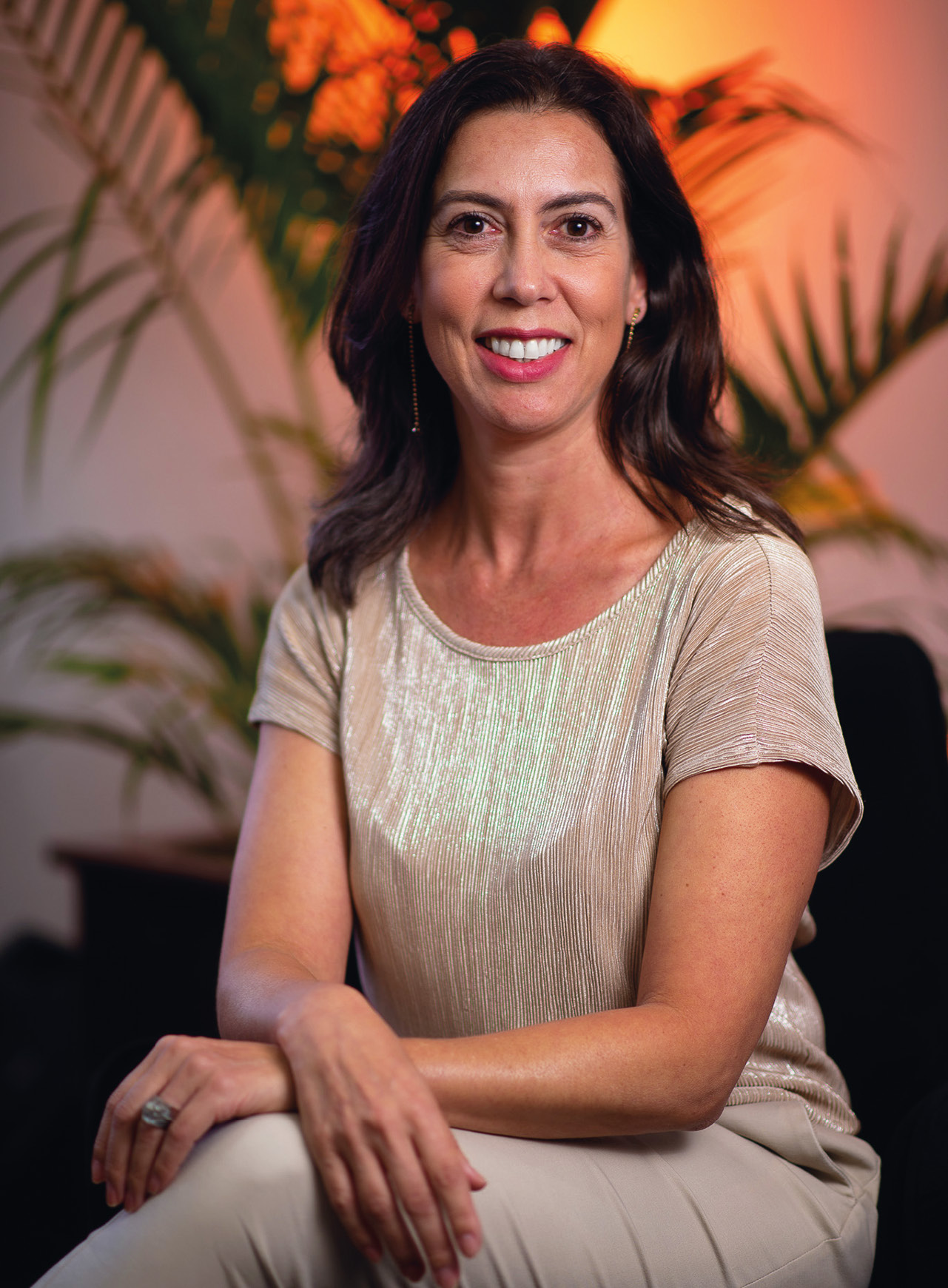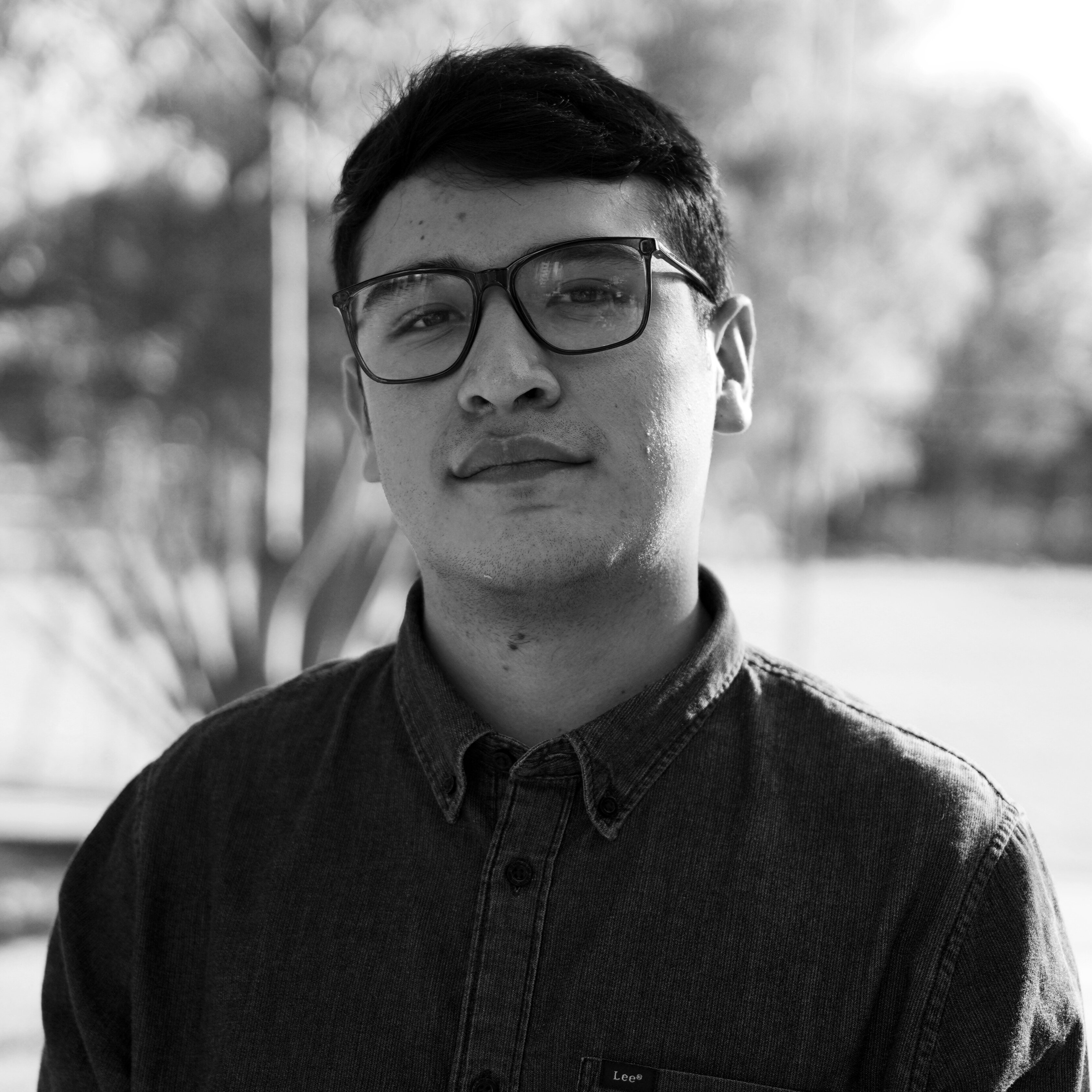Those who engage live dangerously
Melina Risso is the Research Director of the Igarapé Institute in Brazil, where she works on violence prevention and gun control, police violence and reforms to Brazil's justice system. Within the Institute, a think and do tank, she leads research projects related to climate security. She is involved in protecting women in the Amazon basin.
Ms. Risso, the Igarapé Institute has published frightening news that more and more women in the Amazon Basin are being threatened and even murdered. Why women of all people and why in this region?
It is primarily women who are at the forefront of the effort to protect the forest, because they have to defend their habitat against expropriation and displacement. Most of the time, it's about the piece of land they cultivate to feed their families. That's why they are threatened - and not just in the Amazon basin, by the way.
Why here of all places? And who is the threat coming from?
The Amazon is a diverse region. It is criminal organisations which make high profits from the production of drugs and do not shy away from violence. Obviously, a double crime: one against people and one against the environment.
How could this scenario be changed? And what role could women play in this?
When I first travelled to the Amazon Basin to gain a comprehensive picture of what was happening on the ground, I became acutely aware of the importance of women in these areas. I met courageous women who are at the forefront of initiatives and NGOs as well as in public office. Therefore, the strongest motivation for our work is to achieve security for them by understanding the situation, gathering information for action and ensuring that it reaches decision-makers, for example, at the International Symposium on Climate Justice at the Brazilian Supreme Court, where I just came from. The murder of Sister Bernadete in August of this year is not an isolated case. She was a leader of the Quilombola, descendants of African slaves.
Do you see ways to protect women like Sister Bernadete?
First, we are concerned with recognizing the different levels of violence. Much still remains in the dark, with murders being the worst form of violence, but not the only one. We live in a culture where women are expected to be subordinate. There are different levels of violence: psychological as well as physical abuse. Another component is that they don't get paid for their work. And that violence against women is ignored in most of the affected countries in the Amazon Basin. So we also see our task as educating these societies and raising awareness.
How can we picture this education in specific terms?
We trained women as human rights defenders for these regions. To do this, we designed a questionnaire to get responses from affected women so that we, as outsiders, could also gain insight into what is happening there. The whole process strengthened them in several ways. They learned, got paid for it and developed a sense of belonging to a group. They also received guidelines on self-care, recognizing hazards and taking precautions. They were also given contacts to organisations they could turn to. The second aspect of our work focuses on policy: we presented our study at the Amazon Summit in Brazil, where all the presidents of the Amazon countries are present. We use media channels to reach not only the region but the whole world, including the United Nations.
What are your main recommendations which can help activists protect themselves?
On the one hand, these are practical tips: charge cell phones, always lock the door, inform authorities about the work and threats. The digital aspect is also helpful. If the women are threatened online, they learn how to ward off these risks. And again and again, we raise awareness of this issue, taking one of the defenders to meetings with the United Nations, where the issues are women, peace and security.
What else do you hope to gain from such networks?
They have a tremendous impact on individuals, the community and, more broadly, at the political level, because in this environment women are the foundation of society; they can be on the front lines as leaders, holding the community and the family together. One of them started her fight against the criminal gangs after her brother and sister-in-law were murdered. She will go to New York and be our voice at the United Nations.
What drives you to do this difficult work?
A deep sense of purpose, because my work positively impacts the lives of these women, and that motivates me to keep going. I also manage to do it because my husband supports me and I work in a team with dedicated and inspiring people.
ZIVIK FUNDING PROGRAMME
The zivik funding programme supports civil actors worldwide in preventing crises, overcoming conflicts and creating or stabilizing peaceful social and political systems. Funding is provided for civil conflict transformation, peacebuilding and democratisation assistance projects run by NGOs which are active internationally, nationally or locally, such as the Igarapé Institute. With their commitment, non-governmental organisations add important perspectives to the actions of state actors.



